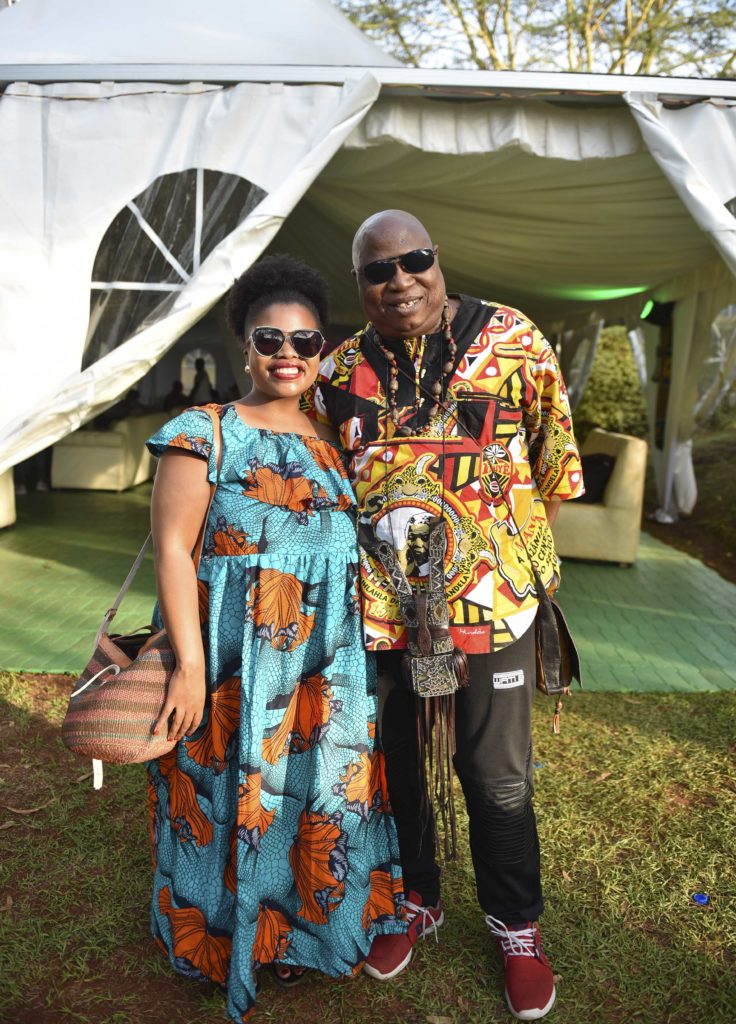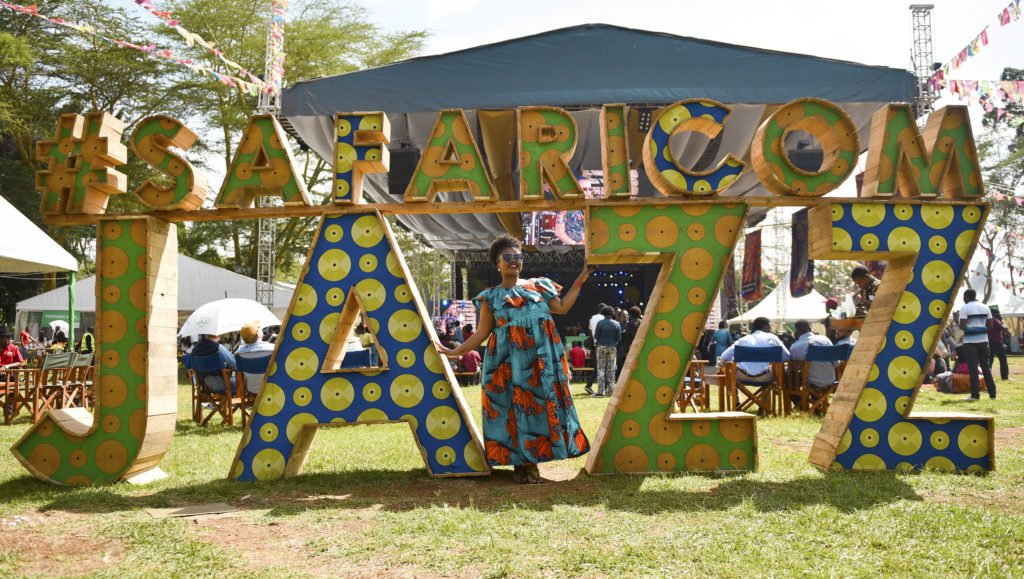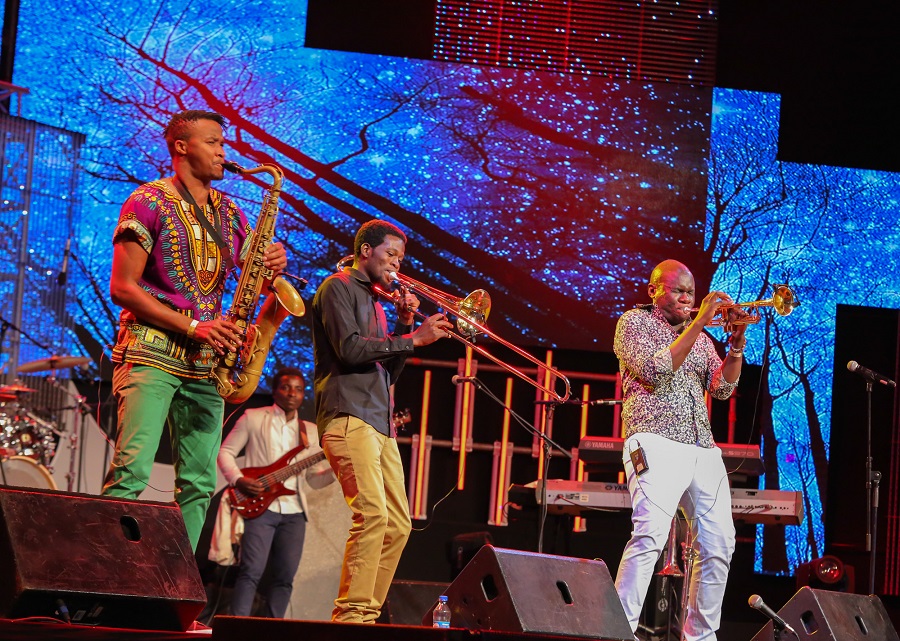Young Jazz in Kenya: An Overview of the Bands on the Scene
Jazz has been held as something for an older generation. This has been true especially as majority of mainstream music does not include the genre. Jazz has also suffered an elitism problem as it has felt like music that is out of reach from the majority, especially the younger generations. In Kenya, this has been quite evident has jazz has been thought to be a genre for the older, wealthier and even masculine audience.
Over the last couple of years however, there’s been a shift. Jazz has moved away from privileged spaces like members only clubs into more accessible (albeit still privileged) spaces like restaurants and bars. It’s quite common now to find several hotels, restaurants and bars with a weekly or monthly jazz night. The audience is much younger than you would expect, with more under 40 making the up the majority. This shift is not just true for jazz in Kenya, as there does seem to be a revival in jazz interest driven by millennials.
The Safaricom Jazz Festival has played a major part in popularizing jazz in Kenya by bringing jazz legends to perform here and introducing them to a new audience. The biggest thing other than of course fostering the next generation of musicians through the Ghetto Classics programme, is giving Kenyan jazz artistes a huge platform. Most of these jazz artistes are young, and they understand their audience and have therefore gained quite the following. Some of my favourite young jazz bands that have graced the Safaricom stage are:
Edward Parseen and the Different Faces Band
Edward Parseen popularized jazz night at different establishments in Nairobi. Before I even knew his name, I had already heard him play his sax at a jazz night. Edward Parseen is a Music Performance Graduate from Kenyatta University, and plays the tenor saxophone, trumpet and vocals.
The other band members include Moses Njoroge, a classically trained pianist, Isaac Kimetto on bass and Shabaan Musyoka on drums. Their sound is afro jazz at its finest. Edward knows how to work a crowd and the saxophone always steals the show.
The Nairobi Horns Project
The Nairobi Horns Project are probably the most popular Kenyan jazz band to come out of the Safaricom Jazz Festival. The horns are Mackinlay Mutsembi on the trumpet, Mokua Rabai who plays the saxophone and Victor Kinama on the Trombone.
They began as a commercial for-hire horn section for TV shows and but have since gone on to become one of the most in demand jazz bands in Kenya. Their sound is a confident and funky and they understand their audience very well as they have several jazz arrangements of Kenyan pop songs in their repertoire.
Shamsi Music
Shamsi Music are a crowd favourite and with good reason. They have a lot of Kenyan traditional sounds in their jazz sound and it’s both familiar and beautiful. The afro jazz fusion band was formed in 2014 by pianist, composer and musical director Paul Mbithi and includes Samwel ‘Laka’ Waithaka, a veteran saxophonist, Michael Munene, Immanuel Mohol, Kenn ‘Biggie’ Njoroge and George Nyoro.
Shamsi is Arabic for sun, and the band released their debut album ‘The Audition’ in 2017.
Kato Change (and the Change Experience)
Kato Change is going to gracing the Safaricom Jazz stage on October 18th, opening for Dianne Reeves. I am a huge fan of his and surprised that this will be his first appearance on this stage. Kato is a self-taught guitarist and has been a Fellow in the U.S Department of State’s One beat program, as well as OMI in New York and at a fellowship at Sacatar in Brazil.
In December 2015, Kato released his debut album, ‘The Change Experience’; a collaborative journey, with each artist sharing a unique perspective on creating music. It’s without a doubt, a triumph of an album and it encapsulates the different sounds of Kenyan music.
Ad Hoc
Ad Hoc is officially the youngest band to be on the Safaricom Jazz roster. Formed in February 2017, the band has Dan Abissi on Keys, Stephen Mutangili on the Trumpet, Samuel Mutuku on the Saxophone, John Musembi on Lead Guitar, Tunu Jumwa on Bass Guitar and Edwin Keya on Drums.
Their sound is smooth and though I have not had that much interaction with their music, from the little I’ve seen especially after watching them at a Shamsi Music show, they’re a band to watch. This will be Ad Hoc’s debut on the Safaricom Jazz stage and they will be performing at the Safaricom Jazz Lounge: Jazz in the Park on 20th October 2018 at Hells Gate, in Naivasha opening for Dianne Reeves.
Proceeds from all ticket sales will be donated to the Ghetto Classics music programme, which has been the Safaricom Jazz beneficiary since 2014 and has so far received an estimated KES 60 million, funds that have benefitted over 1,400 children from Nairobi and Mombasa. Proceeds from the 2018/2019 Edition will see the Ghetto Classics Schools programme extend to Kisumu.
Tickets are Ksh 2,000 for adults and Ksh 500 for students and are available at The Michael Joseph Centre, Safaricom shops and via M-Ticketing by dialing 1511.
http://www.mwendengao.com/2018/10/08/young-jazz-in-kenya-an-overview-of-the-bands-on-the-scene/MusicAd Hoc,Dianne Reeves,Edward Parseen and the Different Faces Band,Ghetto Classics,Kato Change,Safaricom Jazz,Shamsi Music,The Nairobi Horns Project




A solid review. Very apt. Well in… ❤️